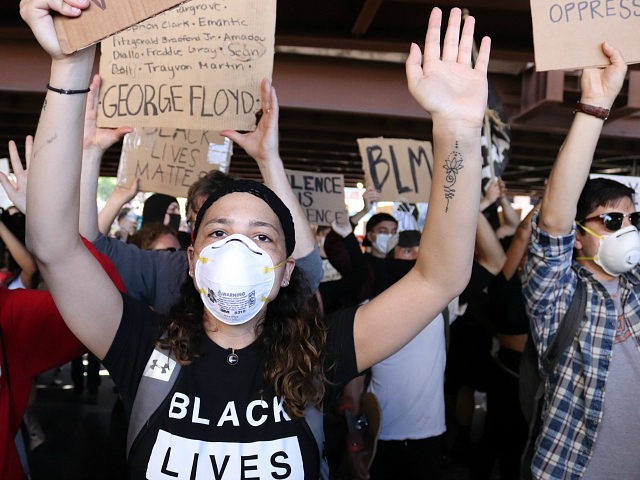The American Psychological Association is calling for “true systemic change in U.S. culture” because of “institutional racism,” says a September 1 statement from the group.
The statement says:
Today’s inequities, psychologists say, are deeply rooted in our past, and the status quo is no longer acceptable. “Every institution in America is born from the blood of white supremacist ideology and capitalism—and that’s the disease,” says Theopia Jackson, PhD, president of the Association of Black Psychologists (ABPsi).
…
Psychologists have a role as activists in their own local communities as well. They can make their voices heard by contacting their lawmakers, volunteering for a cause or candidate, speaking up on social media and more.
For example, in May, the APA’s 2020 president — Sandra Shullman — portrayed racism as a medical issue instead of a political, civic, or cultural issue:
We are living in a racism pandemic, which is taking a heavy psychological toll on our African American citizens. The health consequences are dire. Racism is associated with a host of psychological consequences, including depression, anxiety and other serious, sometimes debilitating conditions, including post-traumatic stress disorder and substance use disorders. Moreover, the stress caused by racism can contribute to the development of cardiovascular and other physical diseases.
It is not clear if the task force’s agenda is representative of the APA’s claimed membership of “121,000 researchers, educators, clinicians, consultants and students.”
In June, the psychology group announced:
We plan to appoint an APA Presidential Task Force to develop science-based recommendations aimed at reducing the incidence of police killings, particularly of unarmed black men and women. To be both relevant and timely in its recommendations, the task force would work under an expedited timeline.
The American Psychiatric Association is also getting involved in the issue, with a task force called the “APA Presidential Task Force to Address Structural Racism Throughout Psychiatry.”
In June, the psychiatric association’s president, Jeffrey Geller, described the agenda of its task force:
It is a massive endeavor, and we understand the need to clean our own house first. But as we look inward at APA, we also intend to educate our members about structural racism to begin to change a culture that has had such a serious health impact on Black Americans for 400 years. (In 1619 the first slaves, about 20 of them, arrived in what would become the United States, landing in what would become the state of Virginia.)
Two surveys of the members of the psychiatric association got just 485 and 731 responses.
The first survey asked, “What are the top three areas the Task Force should focus on to address the impact of structural racism on our patients?” Just 65 of the 485 respondents said the APA should work on racial discrimination in criminal justice, while almost 140 respondents said they were concerned about a “Lack of Minority Psychiatrists.”
The second survey asked, “What are the top three ways that institutional racism is reflected in APA as an organization?” Just 13 of roughly 731 respondents claimed the association has problems with racial “privilege,” although 328 respondents said the group lacks “Leadership Diversity.”

COMMENTS
Please let us know if you're having issues with commenting.